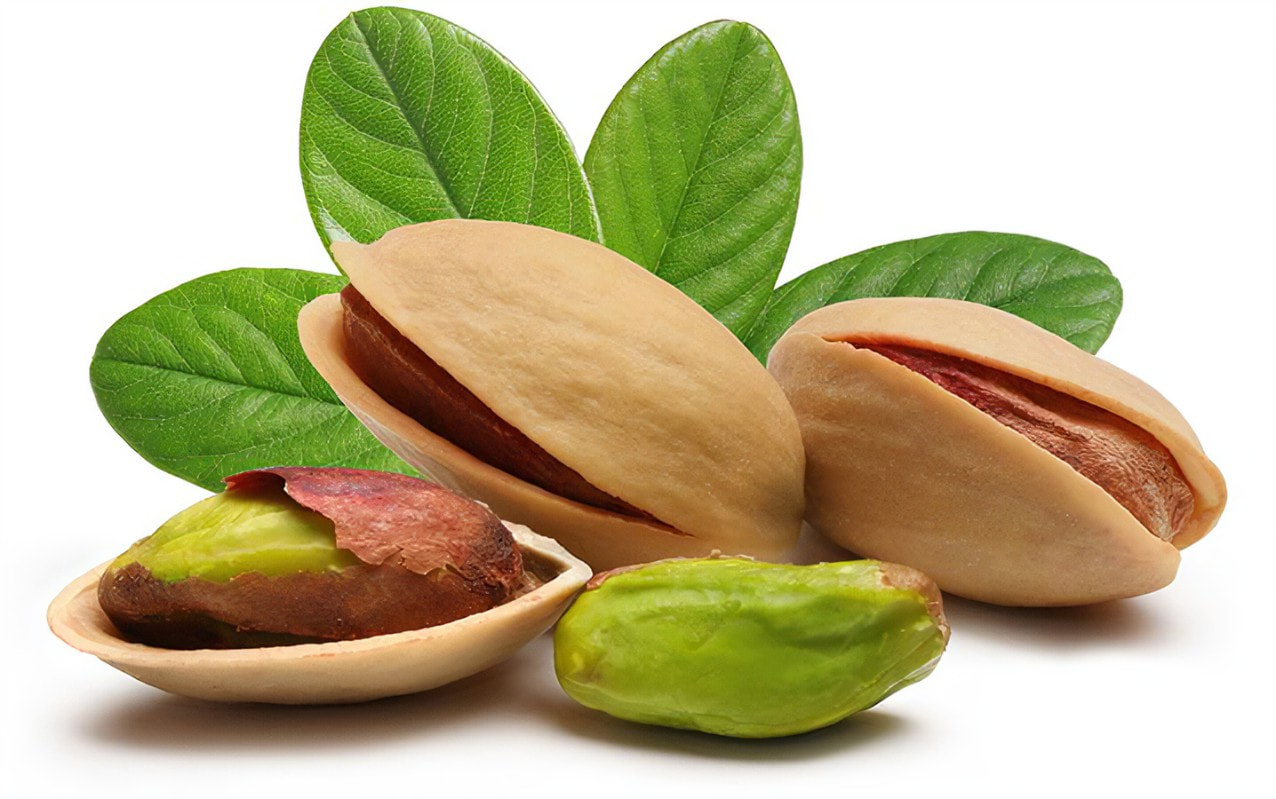|
Pistachios and Your Blood Glucose By Pierre Mouchette | Bits-n-Pieces Blood glucose management is an essential part of a healthy diabetes diet. Following a healthy diet plan can help to stabilize your blood glucose levels and keep them within a healthy range. The American Diabetes Association commends the health benefits of nuts, calling them a diabetes superfood. You can healthfully incorporate pistachios into your diabetes diet.
Carbohydrates Consuming foods that contain carbohydrates will cause your blood glucose level to rise. Foods that contain carbohydrates include fruits, vegetables, beans, lentils, grains, milk, and nuts. Carbohydrates include sugar, starch, and fiber. Sugar and starch carbohydrates will cause an increase in blood glucose levels. Fiber, unlike sugar and starch, will not raise blood glucose levels. High-fiber foods make excellent choices on a diabetic diet. Pistachios and other nuts and fruits and vegetables with edible seeds and skins, beans, legumes, and whole grains contain significant quantities of fiber. Nutrition Facts A 1-oz. serving of raw pistachio nuts contains approximately 159 calories, about 5.54 grams of total carbohydrates, and 5.75 grams of protein. Here is the carbohydrate breakdown: Out of the 5.54 grams of total carbohydrate, 2.17 grams is from naturally occurring sugars, 0.47 grams is from starch, and 2.9 grams is from the fiber. Blood Glucose Basics After eating pistachio nuts, the food debris goes to your stomach to undergo the process of digestion. Once in the stomach, pistachios begin to break down. The sugar carbohydrates pass through your stomach lining and enter your bloodstream. The starch carbohydrates get broken down and converted into sugar molecules. This allows them to go through your stomach lining and be absorbed into the bloodstream. Instead of entering the bloodstream, fiber carbohydrates continue to make their way out of your body until they are passed. Recommendations Because a 1-oz. serving size of pistachios contains so few carbohydrates, it is unlikely that eating them will cause a potentially unsafe rise in your blood glucose levels. According to the American Diabetes Association, you should consume between 45 g and 60 g of total carbohydrates per meal. With only 5.54 grams of total carbohydrate per serving, there is plenty of room to incorporate pistachios into your meals without exceeding your carbohydrate intake recommendations. Comments are closed.
|
Archives
May 2024
|
